SECONDARY NEWS
From the Assistant Principal
Miss Kim Bailey
kbailey@arm.catholic.edu.au
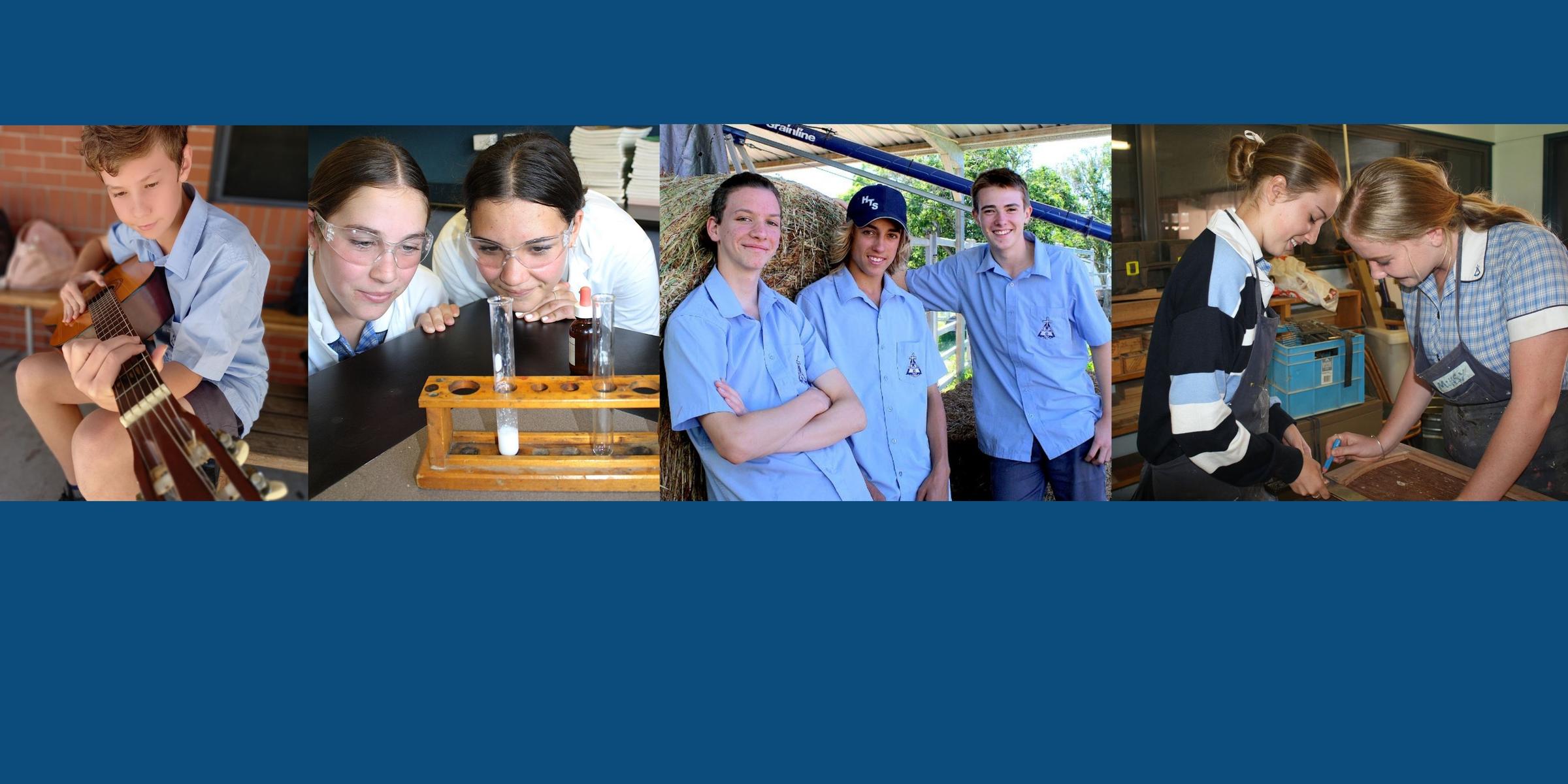
SECONDARY NEWS
From the Assistant Principal
Miss Kim Bailey
kbailey@arm.catholic.edu.au
Family Conferences began last night for Year 7 and continue throughout the week for Years 8, 9 & 10.
On each of the afternoons, teachers will be available from 3.45 – 5.45 pm in the Holy Trinity Hall.
Thank you to all families for attending the conferences.
NAPLAN testing concludes this week for all students in Year 7 and Year 9.
If a student is absent on one or more of these days, catch-up sessions will be held. They should ensure that they are rested so that they can complete the tests to the best of their ability.
Monday - Conventions of Language
Tuesday - Numeracy
Students can wear a touch of orange with their sports unifor on Thursday to celebrate Harmony Day.


What is Harmony Week?
Harmony Week is a time to celebrate Australian multiculturalism and the successful integration of migrants into our community.
Australia is one of the most successful multicultural countries in the world, and we should celebrate this and work to maintain it.
Harmony Week is about inclusiveness, respect and belonging for all Australians, regardless of cultural or linguistic background, united by a set of core Australian values.
Why wear orange?
Orange is the colour chosen to represent Harmony Week. Traditionally, orange signifies social communication and meaningful conversations. It also relates to the freedom of ideas and the encouragement of mutual respect. Australians can choose to wear something orange during Harmony Week to show their support for cultural diversity and an inclusive Australia.
Our Cultural Diversity?
Australia is a vibrant and multicultural country - from the oldest continuous culture of our first Australians to the cultures of our newest arrivals from around the world.
Our cultural diversity is one of our greatest strengths and is at the heart of who we are. It makes Australia a great place to live.
An integrated multicultural Australia is an integral part of our national identity. All people who migrate to Australia bring with them some of their own cultural and religious traditions, as well as take on many new traditions. Collectively, these traditions have enriched our nation.
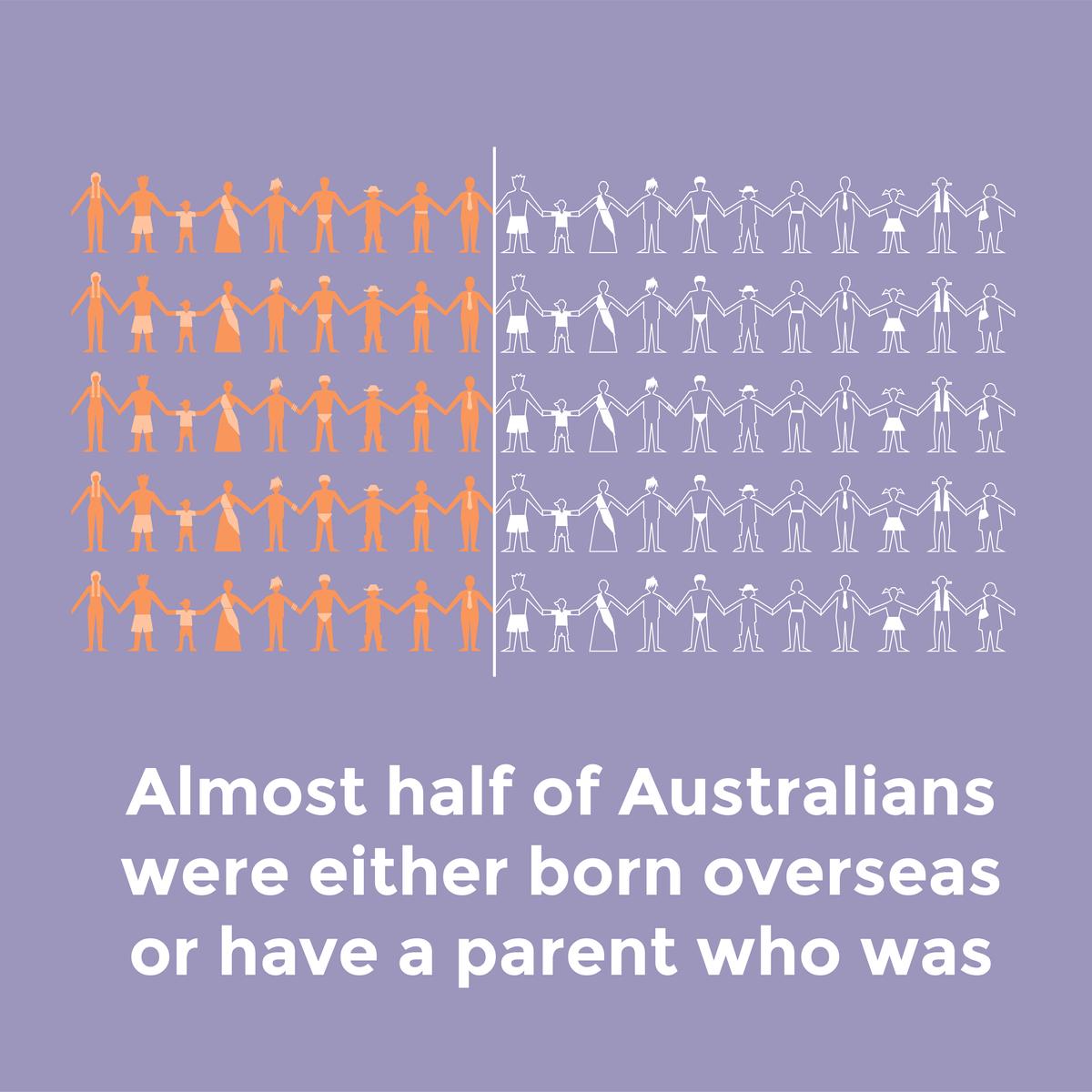
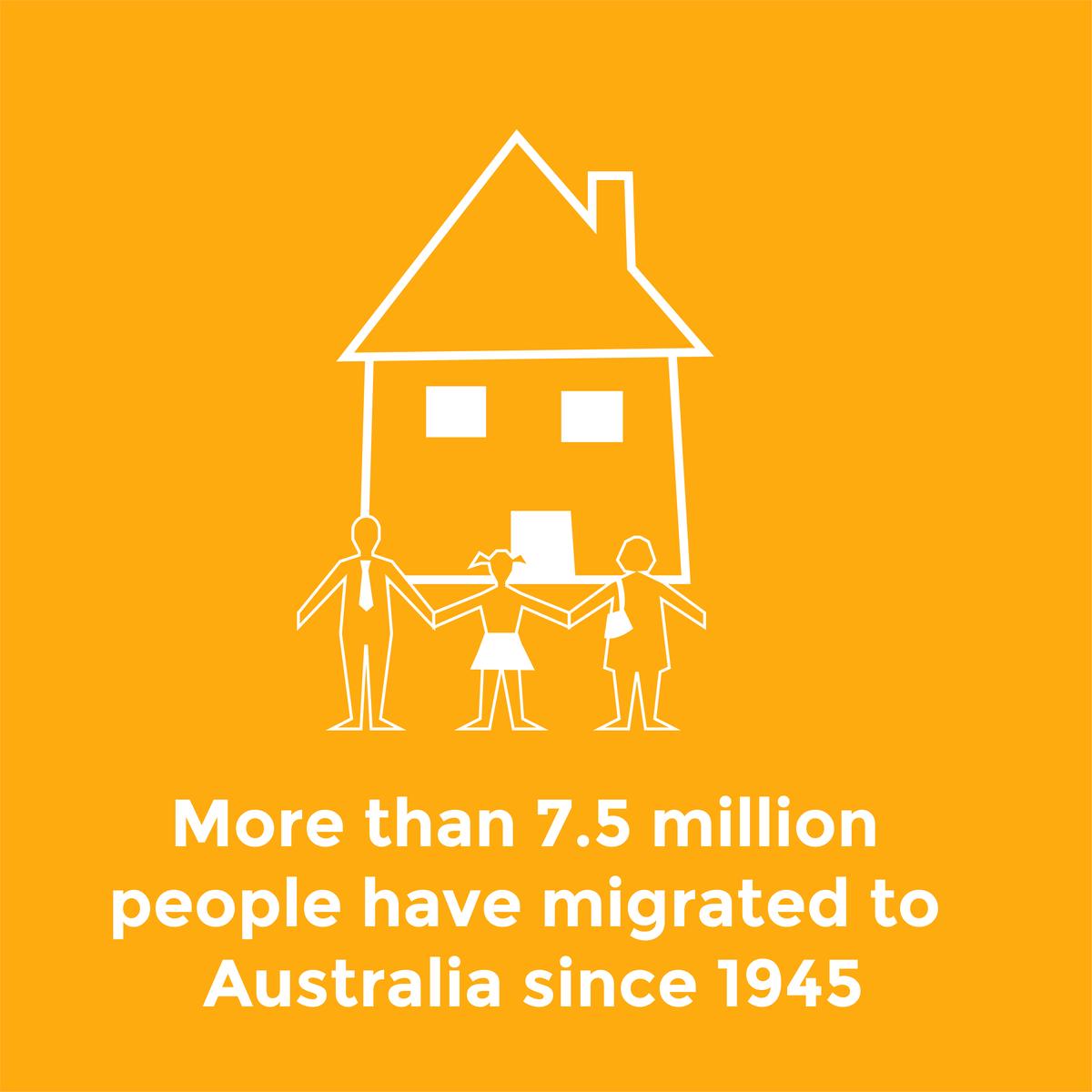






Use the instaframe shared via email and upload a photo that you think represents the Harmony Week theme of everyone belongs.
It can either be a photo of a group of students here at school (make sure you have permission to take & upload the photo) or an image you have found online.
Fit your own photo/image into the instaframe provided (see example below). You may need to resize the images to fit in the instaframe.
Upload your image for a chance to WIN!


ThinkUKnow (http://www.thinkuknow.org.au) is a website that provides information for parents and students about cyber safety and the responsible use of technology. Understanding how young people use the internet and what they enjoy doing will help you to recognise any suspicious or inappropriate behaviour. It will also help you to talk with your child about their online activities if they think you understand the online environment.
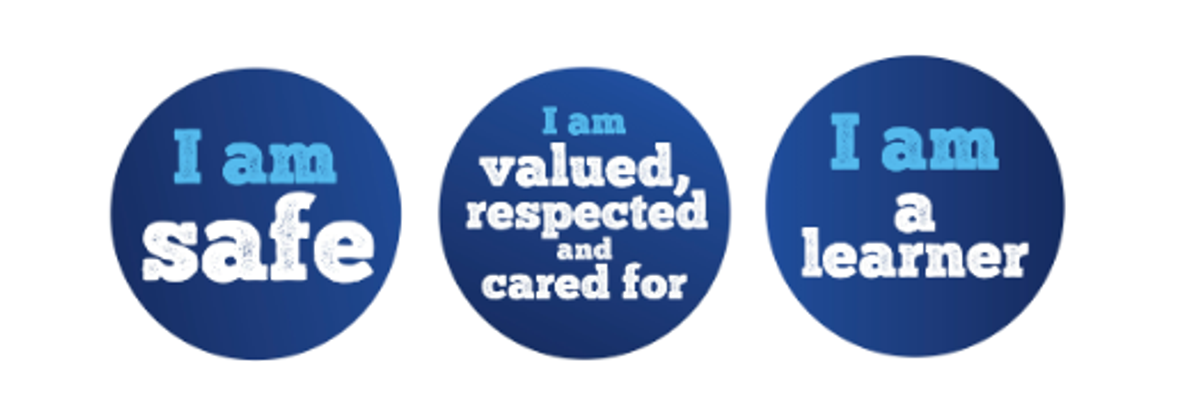

Pastoral Care teachers will be checking in with the students in their class each morning to ensure that they are Ready2Learn. All students have received the information below and were encouraged to show their families and discuss how to be Ready2Learn each day. Pastoral Care teachers will be able to help students start the day in a positive way. Please ask your child about this and support them to be Ready2Learn
Students are being asked to ensure that they understand these elements and have all their equipment and uniforms by the start of Week 6. The infographic also outlines what to do if there is a problem with doing this and who you can go to for assistance.
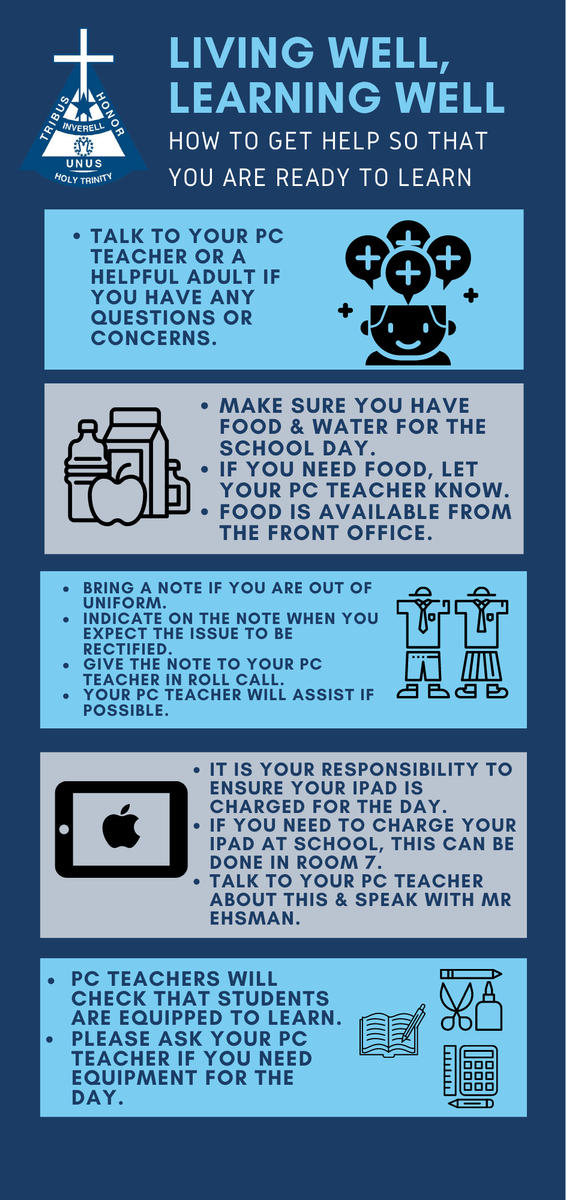
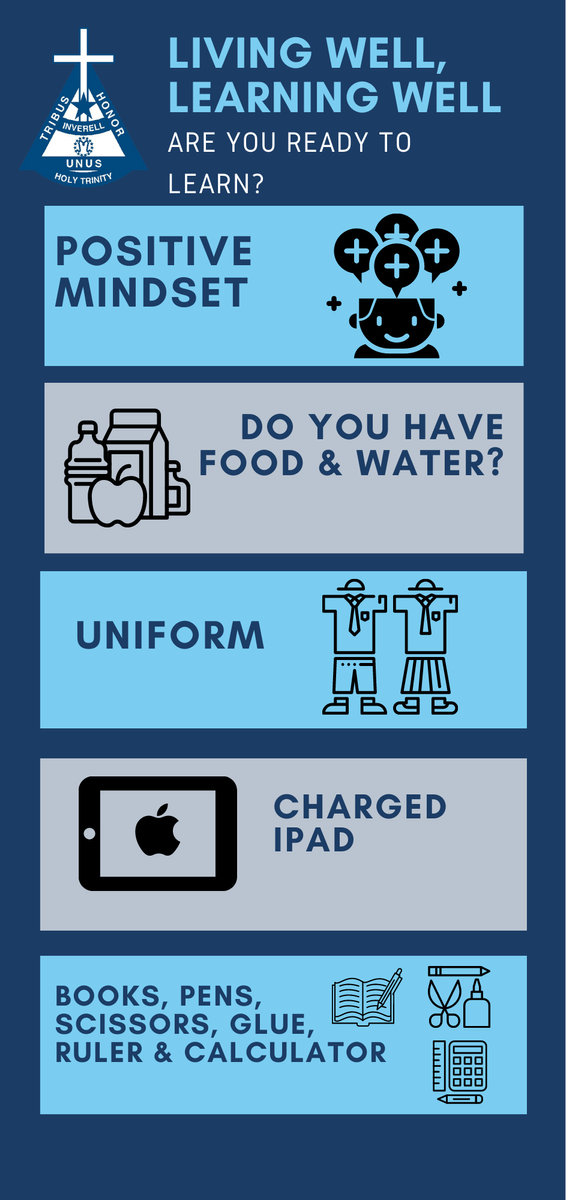


If you have any questions or concerns about your child's learning or wellbeing please make contact with Miss Bailey, your child's Pastoral Care teacher or their subject teacher. We are only too happy to assist.
Miss Kim Bailey
Miss Claudia Cush
Mrs Angela East
Mr Peter Ehsman
Mr Anthony Gaias
Miss Alana Goldman
Mrs Mary-Jane Guest
Mrs Lee Grady
Miss Sophie Hayden
Mrs Malynda Hiscock
Mr David Koch
Mrs Stephanie Marshall
smarshall3@arm.catholic.edu.au
Mrs Veronica McCormick
Mrs Christine McLachlan
cmclachlan@arm.catholic.edu.au
Mr Matthew Pye
Mrs Jane Taylor
Mrs Katherine Townsend
Mr Blake Uebergang
Mrs Carrie Watchirs
The Easter Fair for 2023 is rapidly approaching! It will be held on Friday 31 March, from 5:00-8:00 pm. Class parents are running each of the stalls.
Years 7,8 & 9 will be responsible for the cake stall at the Easter Fair. We need parents who may be able to assist with our cake stall on the night. If you could spare some time to volunteer, it would be greatly appreciated. Please indicate on the return slip three preferences that would be the most convenient time for you. We will contact you shortly to confirm your time slot.
We are also calling for donations of baked goods (e.g., cakes, cupcakes, slices etc). They will need to be brought to school on Thursday 30 March, and Friday 31 March, to keep them as fresh as possible. These can be dropped off at the Front Office. PLEASE NOTE – all baked goods MUST have the ingredients that you used clearly written on the packaging.
If you would like to just donate some ingredients, we have some lovely ladies offering to do the baking. The ingredients can be given to your child’s Pastoral Care teacher or dropped off at the Front Office. Below are some suggested ingredients:
If you have any further questions, please contact Hayley Johns (Stall Coordinator – phone 0427667772) or Karina Hutchings (Stall coordinator – phone 0402863992).
Many students find it difficult to concentrate and stay focused when they are doing their schoolwork at home. So what can we do to improve concentration levels? Try these top tips:
Artificial light from electronic and other devices generally emits a blue light (it may not look blue, but that is the underlying light). Blue light is a type of non-visible light at a very short wavelength.
What does blue light do to the human body?
Non-visible light has a lot of energy, and studies show that a lot of exposure to this type of light can impair your sleep cycle. During sleep, lots of essential physical processes take place, and it is also when learning from the day is consolidated in memory. This means that having enough sleep is vital for students.
Blue light is naturally generated only during the day from sunlight. When it gets dark, naturally occurring blue light ceases, signalling the body to produce melatonin, the hormone associated with sleep. Using artificial lighting and devices which emit a blue light at night confuses the body clock (the body’s natural sleep-wake cycle) by stopping the body from producing melatonin. This can result in disrupted sleep patterns, including difficulty in falling asleep, and staying asleep and shortened sleep duration.
Those at greatest risk from night-time exposure to blue light are those with existing sleep disorders and adolescents who often experience delayed sleep patterns as a result of biological changes.
What can students do to limit their exposure to blue light at night?
Some suggestions include:
All students in the secondary department have a subscription to HOTmaths for 2021. Each student will soon have an individual log-in, enabling them to complete set work or revise content they need assistance with. It also allows their teacher to set work and track progress.
What is HOTmaths? It is an interactive online maths teaching and learning program for students based on the NSW curriculum.
In a few words, HOTmaths is:
Students in Years 7 to 10 are encouraged to use their HOTmaths subscription. The program is a very effective tool for the revision and consolidation of lessons taught in the classroom. We encourage all students to utilise their subscription and hopefully gain greater confidence in this subject. If parents have any queries regarding this, they will be able to discuss the matter with their child’s Mathematics teacher at the Parent/Teacher meetings.
Ready2Learn
Pastoral Care teachers will be checking in with the students in their class each morning to ensure that they are Ready2Learn. All students have received the information below and were encouraged to show their families and discuss how to be Ready2Learn each day. Pastoral Care teachers will be able to help students start the day in a positive way. Please ask your child about this and support them to be Ready2Learn
Students are being asked to ensure that they understand these elements and have all their equipment and uniforms by the start of Week 6. The infographic also outlines what to do if there is a problem with doing this and who you can go to for assistance.